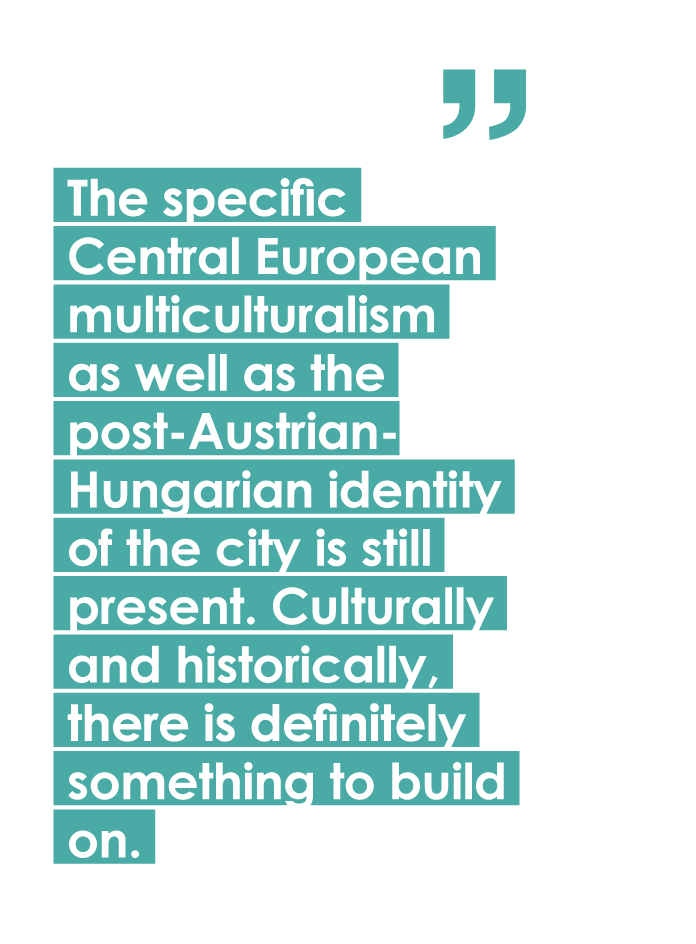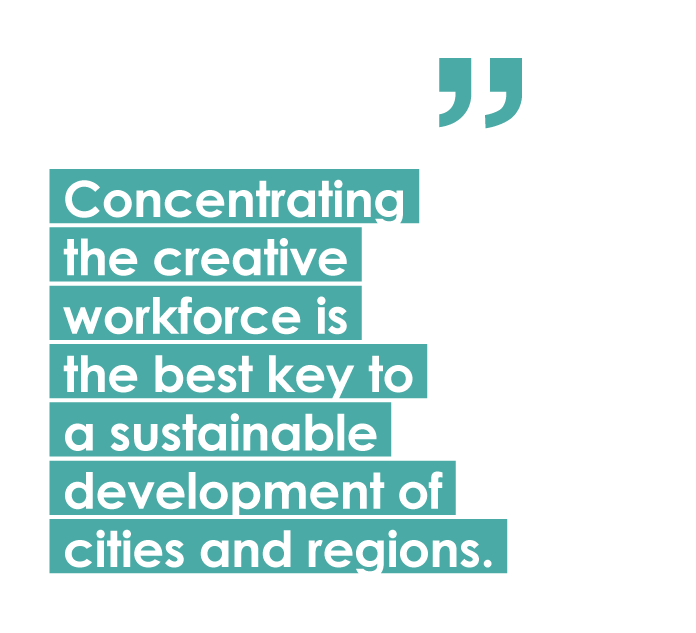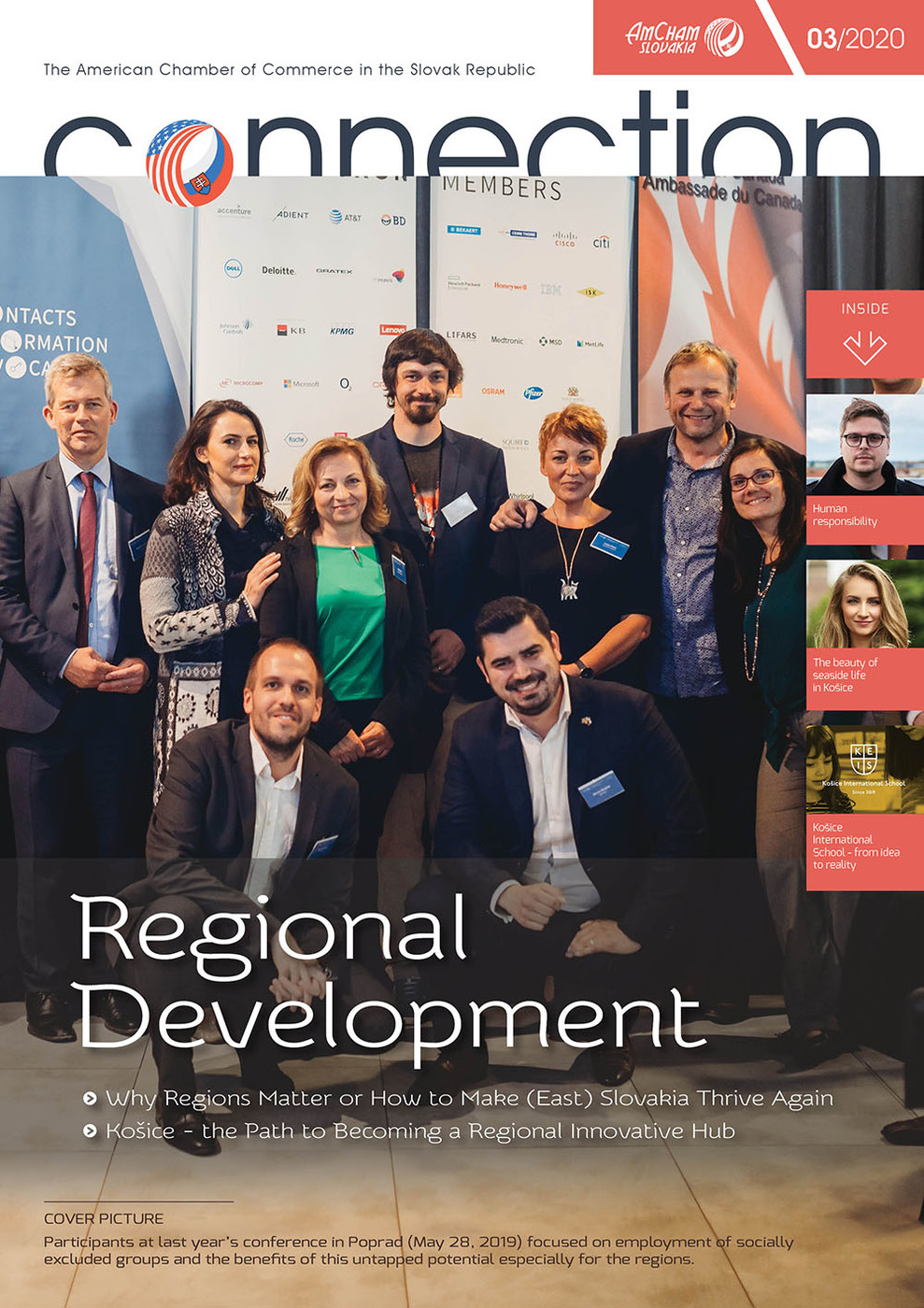Successful cities use this opportunity to completely transform their cultural structure and become recognized in the European and international environment. The European Capital of Culture project is currently the largest cultural project in Europe, and the cities that have successfully managed it only confirm the significant impact such a project can have on economic development, but also on tourism, job creation, and on raising the reputation of the city and the entire region. If a city becomes the European Capital of Culture, all possible artistic activities in the city have the potential to develop.
The city of Prešov will also apply for the title of European Capital of Culture 2026. It has all the prerequisites, a vision, and passionate implementers. Previous European Capitals of Culture, including neighboring Košice, have shown that hosting the title can be an extraordinary opportunity for a cultural restart of the whole city and a regeneration of the city’s cultural centers. In addition, the ECOC can make Prešov more attractive to new visitors, support the development of creativity and focus on promising economic, scientific and technological innovations.
What does the region offer?
Above all, hard-working human potential, as well as many other important factors. We can proudly say that ours is an attractive region. The Prešov region has the highest concentration of cultural, historical and natural monuments inscribed on the UNESCO World Heritage List. It is a region of spas with over 400 mineral and thermal springs. Eight churches and a Jewish religious community are active in the city of Prešov. There are three dioceses here - Orthodox, Greek Catholic and Evangelical. Prešov is a multi-ethnic city in which, in addition to Slovaks, there are also Roma, Ruthenians, Ukrainians, Hungarians, Germans, Poles, Russians and others. For many centuries, Prešov has had the character of a multicultural city, in which different nationalities, ethnicities, religions and cultures lived side by side. The specific Central European multiculturalism as well as the post-Austrian-Hungarian identity of the city is still present. Culturally and historically, there is definitely something to build on. The vision of the city of Prešov is to create a stable creative and cultural center within the eastern part of the EU. What is the vision?
What is the vision?
We give the highest importance to creating a vision that emphasizes the role of culture in the overall process of life transformation in the city, region and where the relative economic prosperity that is gradually coming has only a secondary impact and does not guarantee the real quality of life. Rather, we consider the creation of conditions for educational development with an emphasis on the knowledge economy, its sustainability and creative development to be a prospective improvement of the quality of life in our region. We believe in this path chosen by several European cities that have succeeded in such rebirth based on a similar vision. Such a vision is driven forward by the creative ideas and innovations of the people themselves, and our role is to unequivocally support them in this. If we build on these pillars, we will achieve not only increased productivity, but also the creation of new industries, innovative services, products, technologies and working methods. This is how we perceive it and we are convinced that this is the right path for our city.
What can a successful implementation bring?
An interconnected creative economy. Concentrating the creative workforce is the best key to a sustainable development of cities and regions. If we create the right conditions, we can achieve a concentration of creative individuals, organizations and companies, which is the primary prerequisite for a new identity. If we add to this our regional human potential, we will not only achieve a boom in the creative economy, but we will also stop the outflow of people looking for just such a background in a city or region in Western countries.
The creative economy is also the basis for artistic creativity, or a gradual change in urban planning of buildings, the development of small and medium-sized enterprises in specific sectors, or the creation of new industries. Such a process at this scale requires gradual preparation. In today’s modern world, emphasis is placed on the common principles of understanding influence, power and money as the primary basis of human endeavor, and attention is focused on commodities with intellectual creativity. To such we can assign data, advertising, entertainment and all intangible goods resulting from creative thinking or creative mental activity. In the developed world, a lifestyle or story is sold rather than a commodity – so highly valued especially in the socialist and post-socialist society. And it is cities with such added value and a developing knowledge economy that are perceived as prosperous with a high quality of life. The question is - what can be an even higher level of progress?
Our effort in the next period is to prepare the conditions for such a boom. We are aware that most of the successful cities were not a significant cultural center before the ECOC project. The time has come to show our creative potential and to make the city of Prešov a successful candidate for the ECOC 2026.
City of Prešov: Vision of a successful ECOC 2026 candidacy
The European Capital of Culture is a recognized title given to European cities, which have the opportunity to present their cultural life and development to Europe throughout the year. The aim of the project is to draw the European public’s attention to the city and its culture and thus contribute to a greater cultural understanding and perception in Europe.
Regional Development
- Human responsibility
- Local innovation ecosystem of the future
- The future of local investing
- The beauty of seaside life in Košice
- City of Prešov: Vision of a successful ECOC 2026 candidacy
- Why regions matter or how to make (East) Slovakia thrive again
- The path to vibrant city ecosystems
- Despite the crisis a historic chance for Slovakia
- Košice International School - from idea to reality
- Covid crisis as an accelerator of innovations
- Making the connections between business and life
- The HORECA sector needs our help



Follow us